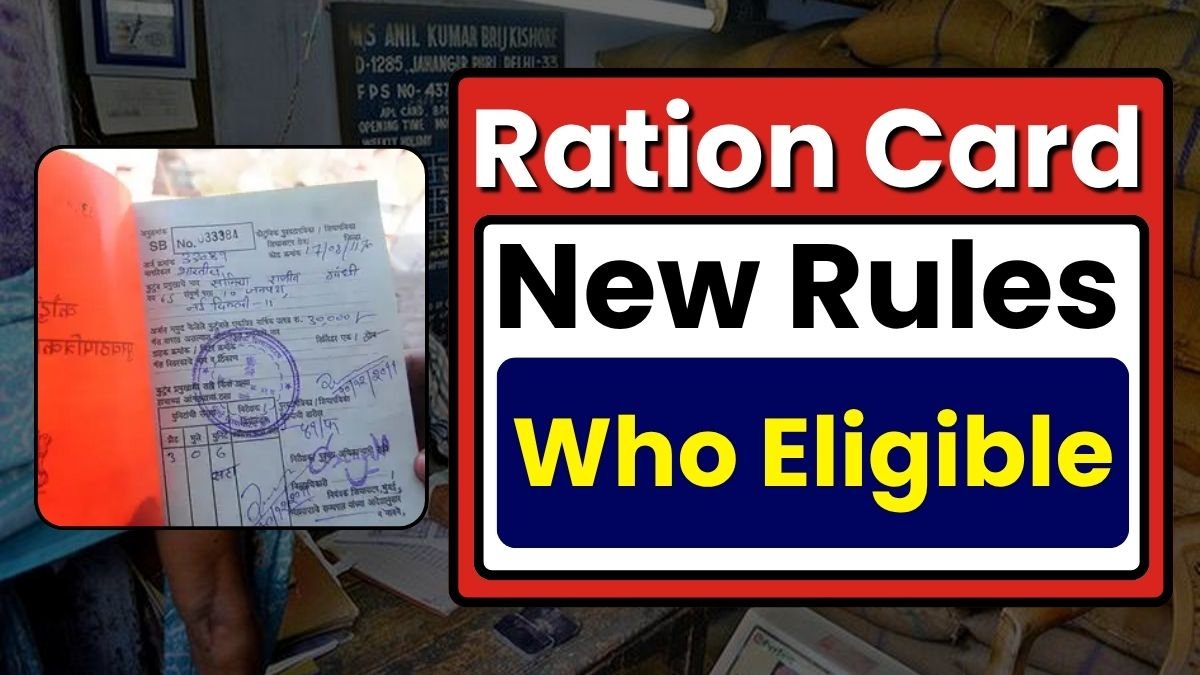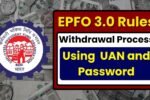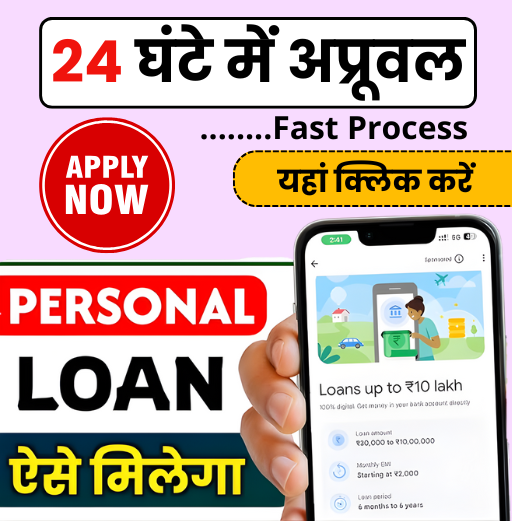If your family depends on the ration card for monthly food grains, here’s something you shouldn’t ignore. New ration card rules for 2025 quietly rolled out earlier this year, and many people still don’t know what changed.
Here’s the thing… these rules aren’t optional anymore. If you want uninterrupted access to subsidized rice, wheat, and other NFSA benefits, you need to understand what the government expects from you now.
Let’s break it down in the simplest possible way, so you know exactly what to do — and what to avoid.
Why These New Ration Card Rules Matter
I’ve seen many families lose their benefits simply because they weren’t aware of updated guidelines. The government’s big push for 2025 is clear:
Make the entire ration distribution system digital, accurate, and misuse-free.
The goal isn’t to trouble genuine cardholders — it’s to ensure benefits reach the right people. But yes, if you don’t follow the updated process, your ration card can be canceled.
That’s why it’s important to understand the new requirements. The good news? Most of them are simple and can be completed in minutes.
Key Highlights of Ration Card 2025
- Authority: Department of Food & Public Distribution
- Purpose: Provide subsidized food grains to eligible families
- Major Change: Aadhaar linking and KYC verification now compulsory
- Applies To: BPL, APL, NFSA cardholders across India
- Methods: Online and offline through ration offices
- Official Portal: nfsa.gov.in
New Ration Card Rules You Must Follow
1. KYC Verification Is Now Mandatory
Every ration cardholder must complete KYC.
Think of it as a way to confirm that your family details are correct and up-to-date.
No KYC = No ration. It’s that simple.
2. Aadhaar Linking for All Family Members
Not just the head of the family — every member listed on the ration card must link their Aadhaar.
This helps prevent duplicate cards and ensures benefits reach real, eligible families.
3. Active Mobile Number Is Required
At least one working mobile number must be registered.
You’ll receive OTPs, verification messages, and ration updates directly on this number.
4. Food Slip Is Compulsory Each Month
From 2025 onwards, you can’t collect ration without a valid food slip.
Most states now generate digital slips tied to biometric verification.
5. Biometric Fingerprint Verification at the Ration Shop
Any one family member must complete biometric authentication every month.
This ensures that benefits aren’t misused by someone else.
What Happens If You Don’t Follow the New Rules?
Here’s the catch…
The Ministry of Food and Supplies has made it very clear:
✔ Families that complete KYC
✔ Link Aadhaar
✔ Update their mobile number
…will continue to receive all NFSA benefits, including free food grains.
But those who ignore the new rules may face:
- Ration card cancellation
- Discontinuation of free ration
- Difficulty reapplying later
Your benefits won’t stop overnight — but once marked “inactive,” it becomes a long process to restore your card.
Why These Rules Actually Help You
From my experience helping families with ration updates, these changes bring a few strong advantages:
- Only eligible households get benefits, reducing crowding in the system.
- Digital records make everything faster, from corrections to replacements.
- Biometric verification reduces fraud, ensuring your benefits stay safe.
- Uniform rules across India mean fewer confusions from state to state.
It might feel like extra work right now, but these new rules protect your access in the long run.
Frequently Asked Questions
1. Why did the government introduce new ration card rules?
The aim is to make the ration distribution system fully transparent and digital. This prevents fraud and ensures that real BPL, APL, and NFSA families receive their benefits without interruption.
2. Where can I complete my ration card KYC?
You can do it online through your state’s ration portal or offline at your nearest ration office, CSC center, or fair price shop that has biometric equipment.
3. What happens if I don’t complete Aadhaar linking or KYC?
Your ration benefits may stop, and your card could be marked inactive or even canceled. Once that happens, recovering the benefits takes time and additional verification.




